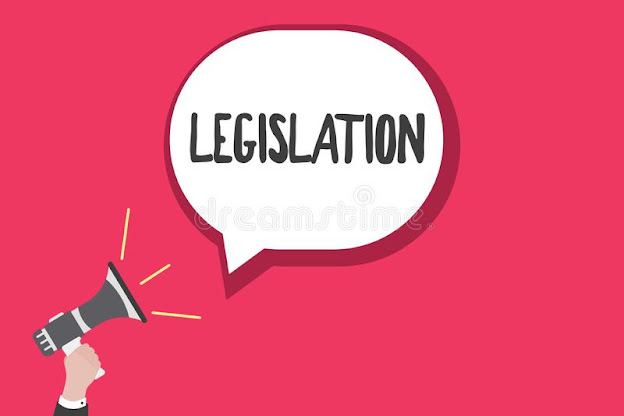Real Estate : A new approach to Legislation
Real Estate : A New Approach to Legislation
A typical story of delayed real estate project comprises :
· Developer running away from authorities
· Banks filing insolvency proceedings in NCLT
· Customers pressurising the Developer for possession.
But this is a unusual story of a developer in NCR who did exactly the opposite :
The Developer himself
· went to the authorities
· filed NCLT proceedings
· offered the possession
If you are sensing Developer’s honesty, you are 100% wrong. The Developer was actually using a loophole in Companies Act that would relinquish him from all his responsibilities /liabilities towards customers, banks etc.
And this loophole is a petition for voluntary winding up. A winding up petitions in NCLT is generally filed by creditors of a defaulting company. However, under a special provision of law, the shareholders of a company themselves can pass a special resolution and approach the NCLT to wind up the company. Once NCLT accepts such petition, the promoter of the company loses control over the company and its assets which are then taken over by NCLT. AND with ‘no power’ also comes ‘no responsibility’. A defaulting developer would love the status of ‘no responsibility’.
Unfortunately for this NCR Developer, due to intervention by some smart buyers, NCLT did not accept the Developer’s petition, thus depriving him of an easy exit.
Now, what was legislation’s response to the above event ? It said that it would work towards plugging the above loophole…..and it is this issue that I want to discuss here.
The problem with most laws in Indian real estate is that their approach has been either on plugging loopholes or on stricter punishment for defaulters. These approaches have clearly not worked. Because once a loophole is plugged, developers look for another loophole, then lawmakers work towards plugging the new loophole and the cat and mouse game goes one.
Time has come to think, how we can work in a different direction. Instead of making laws which Developers find difficult to follow and hence for loopholes, why not make laws that developers can follow and as a result deliver the promised goods
One must remember that the efficiency of a legislative system lies not in number of punishments for defaulters but in the number of successful delivery of promised goods. So, while Developers should definitely be made responsible for defaults but at the same time, one should also introspect why are so many Developers defaulting ? Is it only their greed or is there also a systematic flaw that does not allow promised delivery to happen ?
RERA has done an excellent job of regularising developers and making them responsible towards customers. However, when RERA does not regulate the other elements of the value chain - approving authorities, tenants, investors etc. then is it fair to expect the entire value chain to work towards delivering the results ?
In securities market, SEBI has brought not only brokers under its purview, but also stock exchanges, investors, merchant bankers, etc. As a result, this market has seen minimal default over several years.
Cynics may further argue why should Developers not be treated like a car manufactures, who are solely responsible for defects in car delivered. Their vendors/service have no responsibility towards customers. This argument misses the fact that car manufacturers have legal documents like SLAs ( Service Level Agreements) to ensure service providers ensure timely delivery. Can Developers expect such SLA’s from approving authorities, so that in case of delayed approval, the approving authorities would own up the responsibility ? Similarly, like car manufacturers (who can easily replace theirs vendor/ service provider), do Developers have the option of replacing the approving authorities ?
In absence of tools like SLAs that can be used to ensure delivery, Developers look for loopholes to come out of commitments. When that happens, lawmakers unfortunately work towards plugging loopholes and not towards solving the core problem. They focus on symptom and not the ailment. Hence, a fundamental shift in law making is required. This can be achieved through a rethink…….. Why law-making should purely be the domain of the Executive and the Legislature. Why not make other key pillars of the eco-system - Developers, Consumers, Financiers etc. – stakeholders in the law making process ?
When this happen, firstly we will have a more practical and more balanced law and secondly when market players own the legislative system, they are also more likely to respect the same. And in such a system, where stakeholders own the law, we will not have disrespect of legislation through voluntary winding up petitions but an era of voluntary respect for law.




Comments
Post a Comment